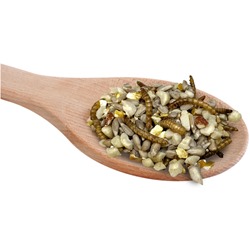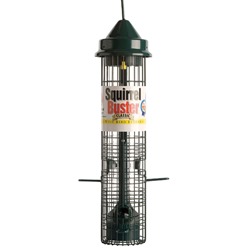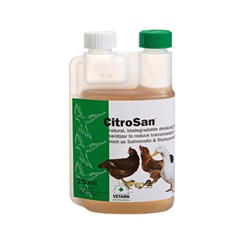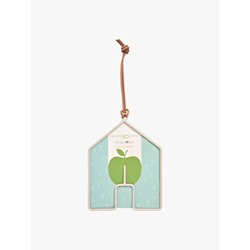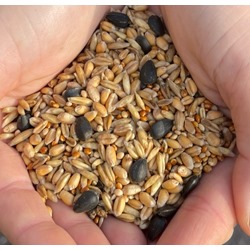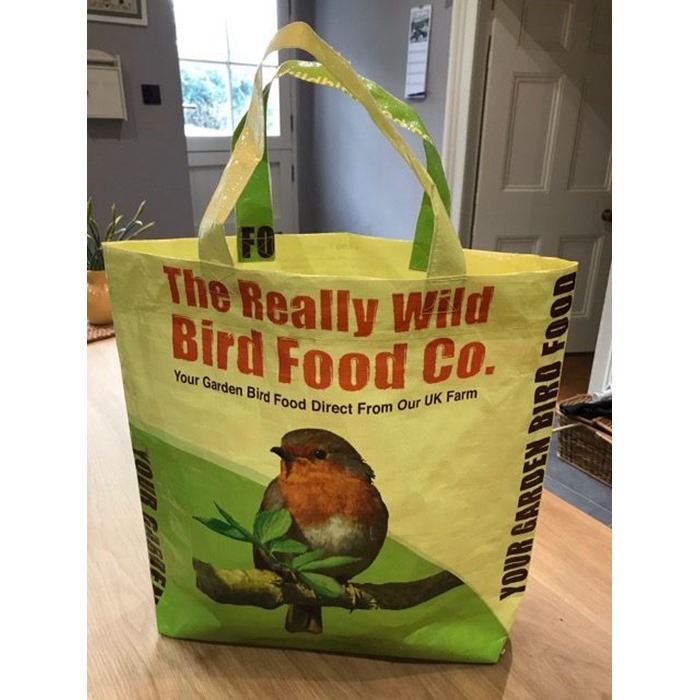
I hope that this newsletter finds you surviving the stresses of yet another lockdown, and that you are still managing to enjoy your garden birds.
Many of you will have noticed that there have been some significant changes to our business since December. The two main ones being the move away from our previous courier APC, and the fact that you are now receiving your goods in cardboard boxes.
In December, all courier companies faced the prospect of 'the busiest pre-Christmas period on record' as shops were closed and customers bought online. APC took the decision not to accept our bird seed sacks of food anymore (despite us being customers for 12 years) and gave us 9 working days' notice to start boxing all our goods.
9 days' notice was a seriously painful body blow for us. Sourcing machinery, boxes, finding space and not being able to recruit staff due to lockdown made that demand an impossibility and we were forced to approach other couriers to see if we could find one that would continue to take our sacks, at least in the short term. As I am sure you can imagine, trying to find someone to take us on in the very busiest run-up to Christmas was not easy.
However we started a dialogue with our local Fedex™ team and the local Fedex™ depot and they were incredible. Whilst it is also their policy to ship boxed goods, Fedex™ agreed to take our sacks until we could start boxing. We appreciate that some of our customers are disappointed that it is not a regular APC driver delivering , but I would ask you for a little time, to allow us to iron out initial teething problems. We already have an excellent collaborative relationship with Fedex and I truly believe that Fedex will be able to offer our customers superior customer service moving forward. After all, the courier company becomes the face of our business, so we will work tirelessly to make sure it is right for us all.
Now, on to the crazy matter of boxing...
With the increased levels of automation and sophistication that couriers are now employing to deal with the sheer volume of goods passing through their hubs every day (you only have to see inside an Amazon warehouse to appreciate the speed at which everything moves!), it seems that sacks of bird food - or sacks of anything, really - are not capable of travelling at the required speeds on conveyors and elevators. This means a lot of manual handling, which risks bags splitting and very costly disruption in terms of handling expense and lost time.
So here's the bottom line: if we want to stay in business, we have to box our goods.
This creates all manner of problems. A 20kg sack is relatively easy to handle and to palletise, but putting a 20kg sack in a box is a whole different ball game; the box is cumbersome and really awkward to handle, and we are not currently sure whether our customers will want to receive 20kg sacks in cardboard boxes. 13kg boxes are much more manageable, but we will have to be guided by our customers, so please do let me know what you think.
Find out how to get in touch >
As a family farming business, our focus is always to minimise waste wherever possible, and the sheer amount of excessive (in my opinion) cardboard waste and expense that this is going to generate is galling. This week saw the announcement of a global cardboard and paper shortage; is it any wonder?
These imposed changes have been incredibly tough - but we are working as hard as we physically can to adapt and to be able to continue to supply your garden birds with our fantastic bird seed. So thank you for your continued support.
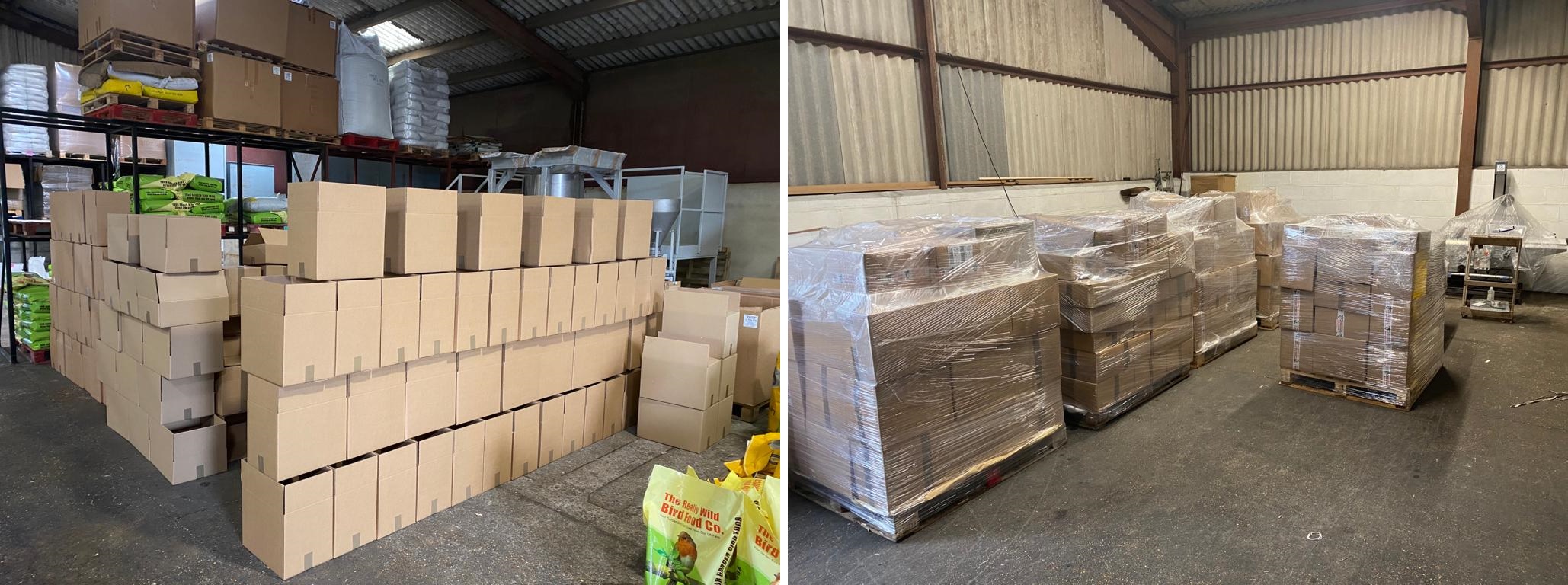
LEFT: A wall of empty boxes waiting to be filled || RIGHT: Pallets of boxed bird seed ready for dispatch.
Sticking with the packaging theme - but on a much lighter note - I hope you like this idea for re-purposing our bird food sacks. We love it! It was sent in by one of our lovely customers, Mrs L. Dersley, who makes her bags on a 1940s Singer sewing machine and says:
"I've been making and selling cloth bags at our local farm shop for several years. They are lined, reversible and made from old curtains, duvet covers, etc. So I just adapted the idea. I never buy new material; I always re-use and re-purpose. So your sacks were just waiting for me to do something with them.
"Cost to me: just the cotton and my time. It would be super if other people would use them in this way too."
And of course - these would be great advertising for us too!
Mrs Dersley has sent us detailed instructions how to make these super bags - you can have a go yourselves!

A Fabulous and Fun Way to Re-Purpose Our Bird Food Sacks
So, if you're up for the challenge - ready, steady, SEW!
You will find the sewing instructions here!
The Fieldfares and Redwings have arrived!
Fieldfares and redwings travel to the UK from Scandinavia and North West Russia when their food sources get scarce to escape a harsh winter. The time of arrival can be really variable from one year to the next (and in fact, in milder years, they may not visit us at all). But this year they are here on the farm and they seem to have arrived with the snow! Both birds are members of the thrush family. The fieldfare is the larger of the two, tending to be larger than a blackbird, whilst the redwings are a similar size to our song thrushes. The flocks that arrive with us tend to be mixed flocks, with both birds enjoying a noisy fraternity and eating up berries and fruits from hedges and trees. The noise can be quite amazing as they chatter amongst themselves, enjoying the easier life that the UK can offer - at least for a while. Look out for them when you are out on your lockdown walks - you'll usually hear them before you spot them!
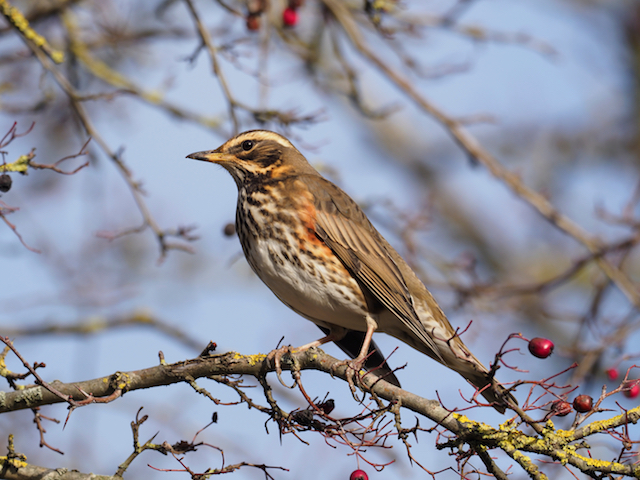
Redwing
Notice the red flank and lovely white stripe over her eye. Her call sounds like a drawn out ''tseeep".
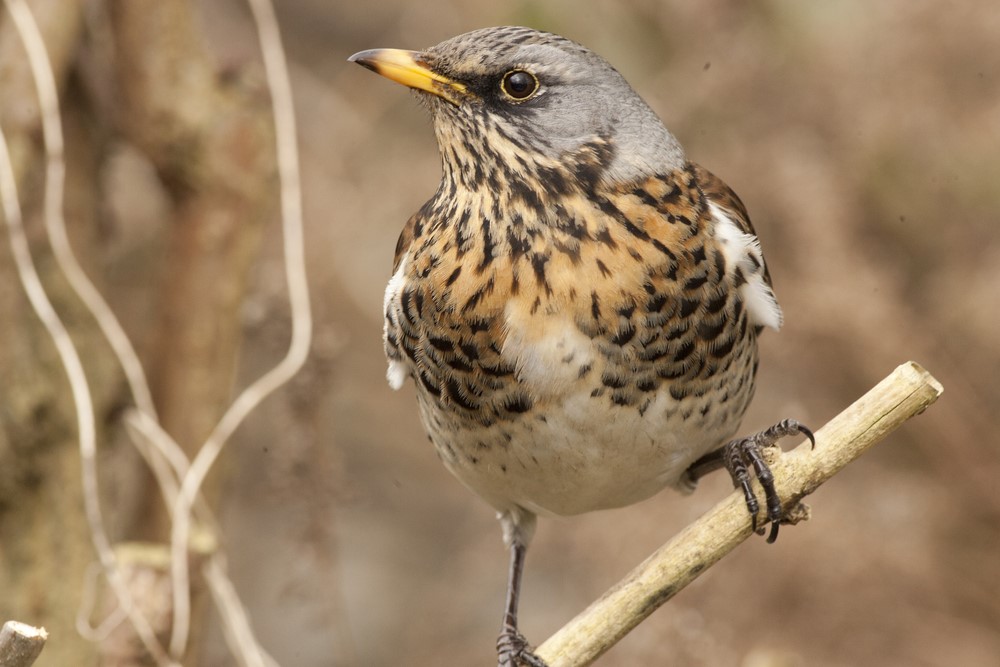
Fieldfare
Note his blue / grey head and dark legs. His call sounds like "chack chack chack".
Being berry eaters, both of these thrushes will survive a UK winter with relative ease, but your garden birds will find it more of a challenge - especially this week, when there is quite a lot of snow forecast and temperatures will plummet. This was the farm a couple of weeks ago, and with more of the white stuff on the way, it will be really important to have high-energy, calorific food ready to put out for your birds.
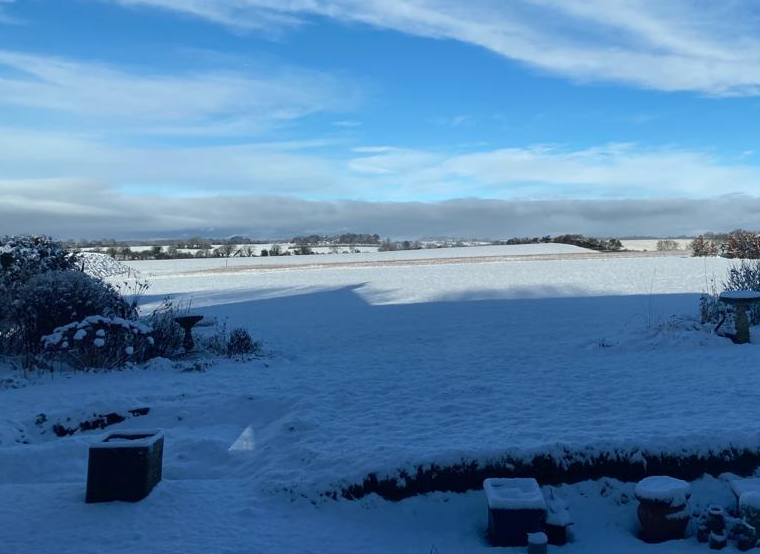
My top tips for feeding your garden birds through the snow are;
- Make a snow-free space for your bird food, then scatter suet and seeds on that area. Garden birds will waste valuable energy and time trying to peck through deep snow - so make it easy for them! Plus it's cold standing in deep snow!
- Make sure you have unfrozen water available. If you don't have a birdbath, any kind of shallow-sided kitchen dish will suffice. Cold weather causes dehydration and increased seed and suet consumption will make your birds thirsty.
- Make sure your feeders are full and available, particularly at dawn and dusk (key replenishment times for garden birds).
- Offer the best quality, highest-calorie food that you can. Calories will be converted into heat and energy, so make it as easy for them as possible.
My recommendations would be our Tidy Garden Suet Boost™, Seed and Suet Combo™, Suet Pellets (which are highly digestible and won't get too hard in lower temperatures) and super suet fatballs - which will stay soft enough for pecking, even in really cold temperatures. But any good-quality suet will be better than no suet, and hanging a few half coconuts around your garden could be a lifeline for tits in particular.
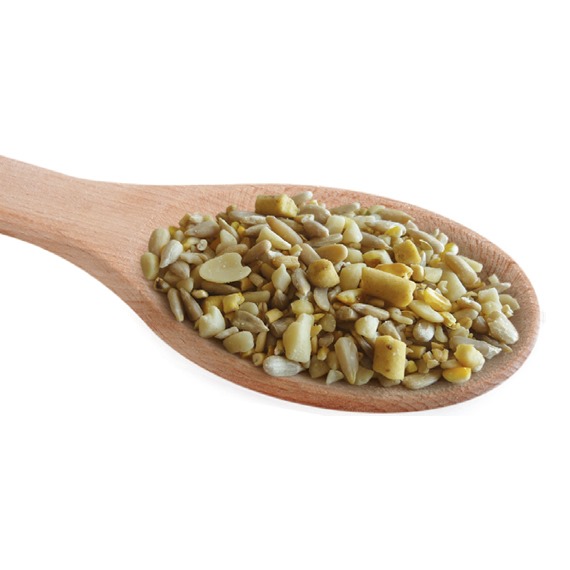
Tidy Garden™ Suet Boost
Find Out More Here
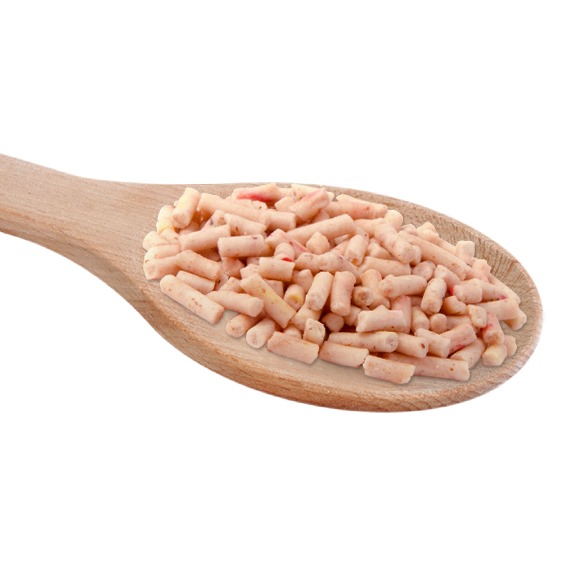
High Energy Suet Pellets
Find Out More Here
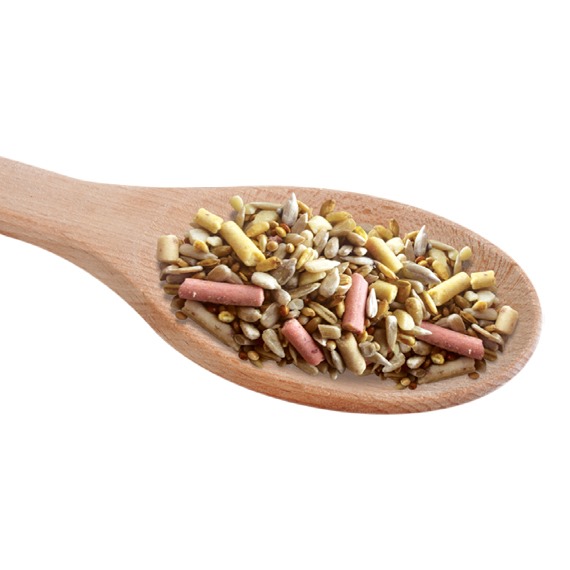
Seed and Suet Combo™
Find Out More Here
So wrap up warm and enjoy taking care of your feathered friends. We are here for you!
With very best wishes,
Lesley
P.S. One final word about delivery times. We appreciate that since Christmas, our deliveries have taken longer than normal. This has been due to the busy Christmas break, very wintry weather, increased demand since lockdown and the dreaded boxes! We are working all-out to get orders dispatched as quickly as we can - thank you for your patience and understanding.
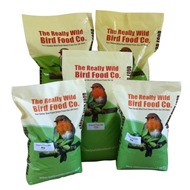
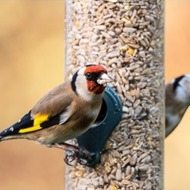 Back
Back Bird Feeders
Bird Feeders  Seed Feeders
Seed Feeders Peanut Feeders
Peanut Feeders Peanut Butter Feeders
Peanut Butter Feeders Suet & Fat Feeders
Suet & Fat Feeders Window Feeders
Window Feeders Hanging Feeders
Hanging Feeders Feeding Stations
Feeding Stations Ground Feeders
Ground Feeders Easy Clean Feeders
Easy Clean Feeders Bird Tables
Bird Tables Seed Trays
Seed Trays Bird Baths & Drinkers
Bird Baths & Drinkers Feeder Accessories
Feeder Accessories Feeder Hygiene
Feeder Hygiene Squirrel Proof Bird Feeders
Squirrel Proof Bird Feeders For the Kids
For the Kids Niger Seed Feeders
Niger Seed Feeders Mealworm Feeders
Mealworm Feeders Bird Food Storage
Bird Food Storage Fat Ball Feeders
Fat Ball Feeders Tube Feeders
Tube Feeders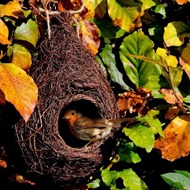

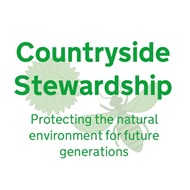

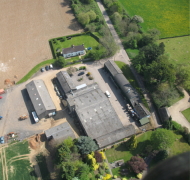 Our Farm
Our Farm Contact Us















